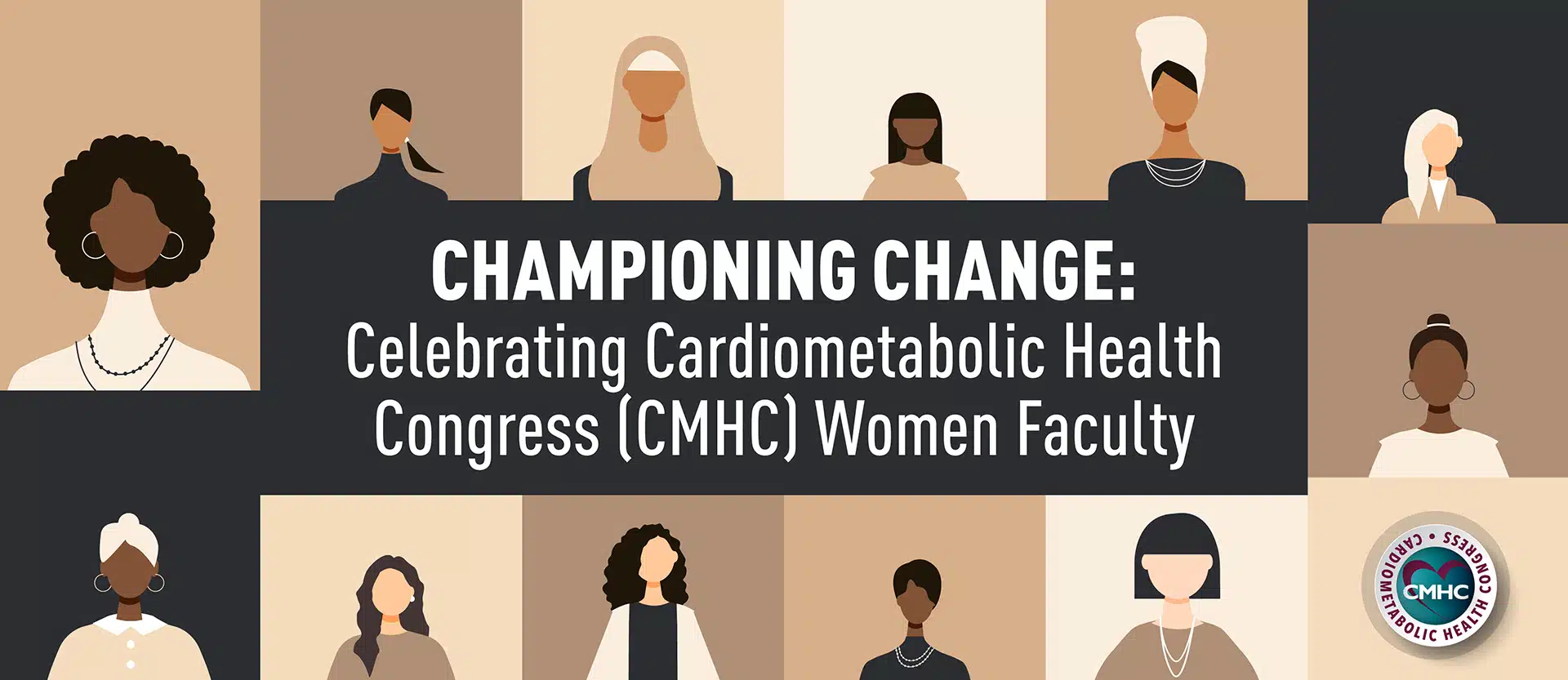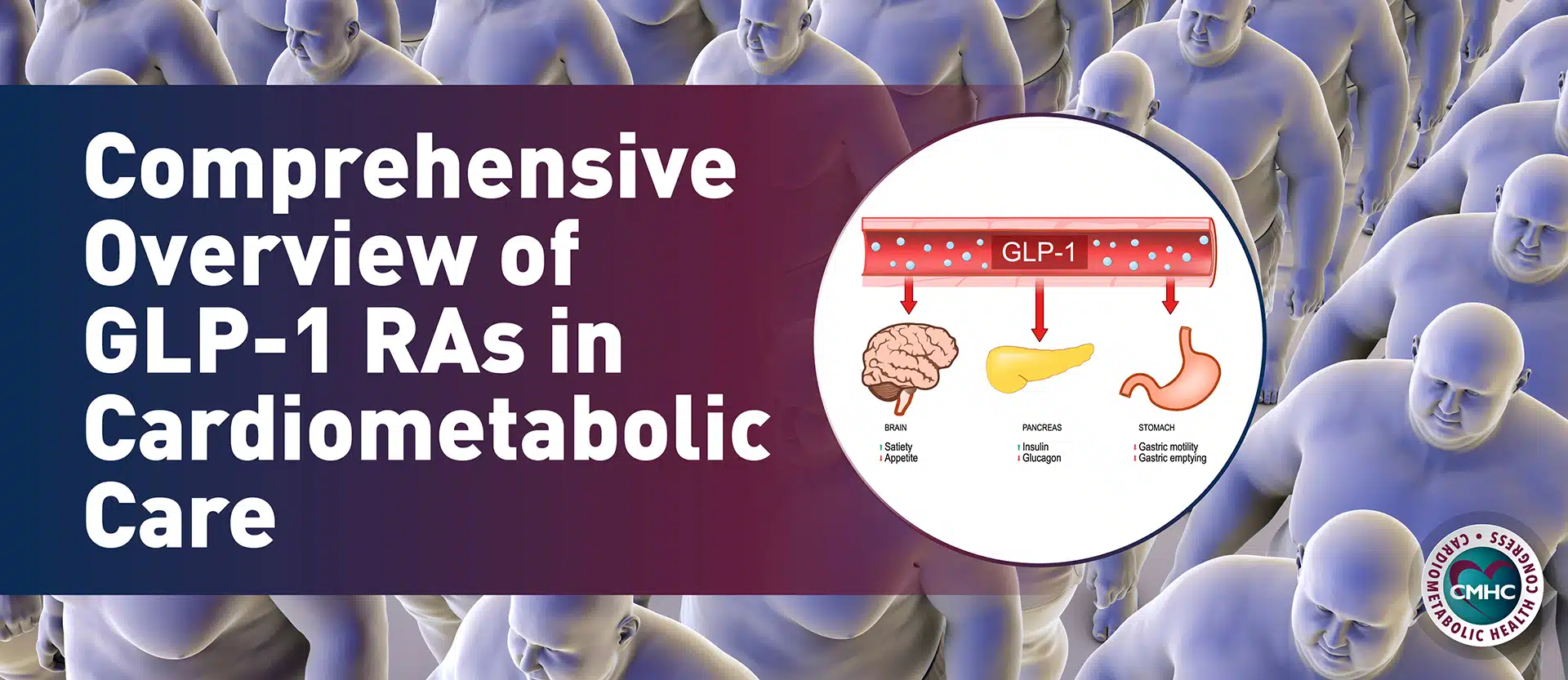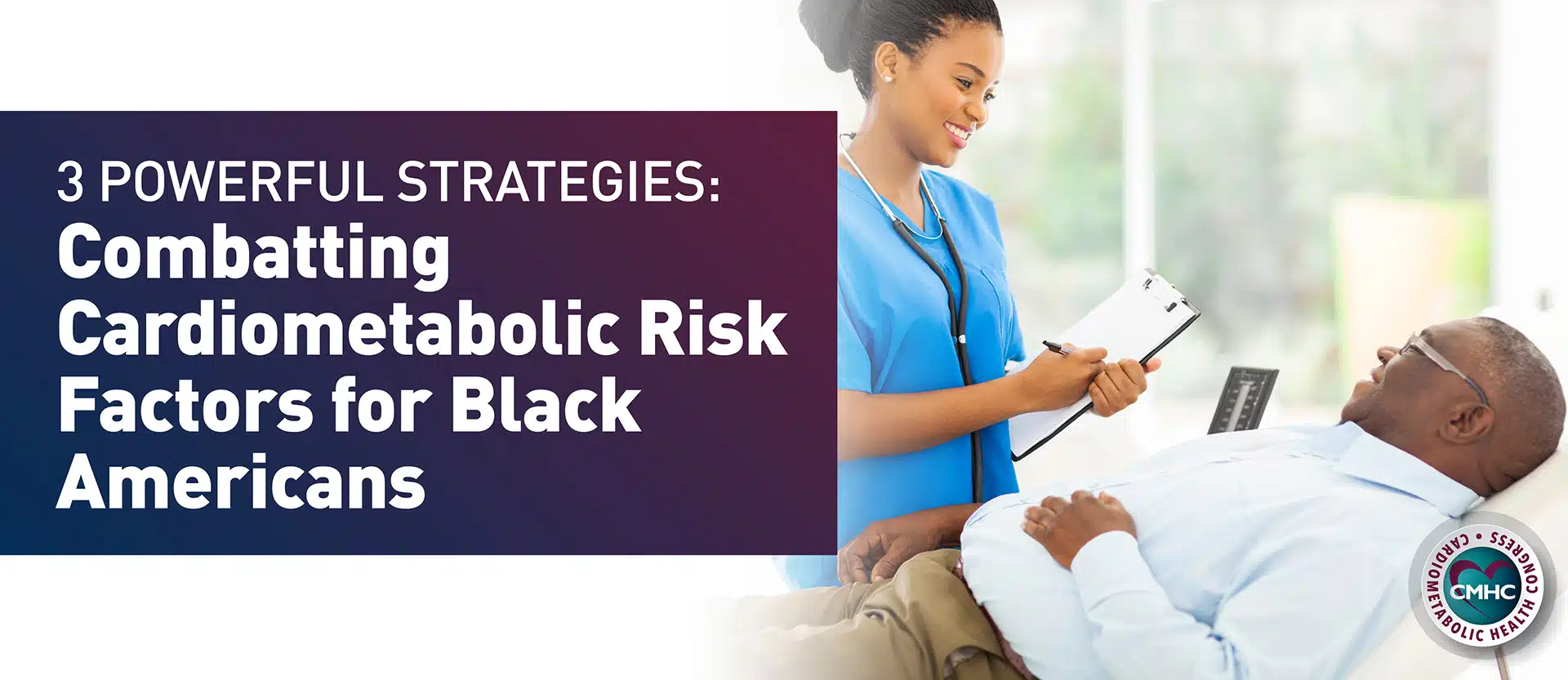For more than a decade, Carl G. Streed, Jr., MD, MPH, physician and assistant professor of medicine at Boston University School of Medicine, has been dedicated to understanding and eliminating disparities among sexual and gender diverse individuals, including lesbian, gay, bisexual, transgender, and queer (LGBTQ) communities. His health-focused perspective emphasizes education reform, professional development, and systems redesign.
Gender-diverse individuals face significant health disparities and have worse health outcomes in our system. Advocacy and education in this area focus on narrowing the gap in these health disparities. “To do otherwise is missing out on a large part of what it means to be a physician,” says Dr. Streed.
“For marginalized groups, such as LGBTQ folks, having a clinician who shares that identity with you can really make or break the clinician-patient experience. Furthermore, it can also provide a big boost in terms of instilling some sense of trust. A lot of it is still based on assumption, but at least it’s a start for patients to work with.” – Dr. Streed
Marriage equality
The health and well-being of LGBTQ people and their families are affected by the right to marry, because access to health insurance through a spouse is an important component of obtaining quality health care. Research indicates that married cisgender heterosexuals have better overall health and longevity than their unmarried counterparts. Because members of marginalized groups are underrepresented in clinical studies, there isn’t data on if this is true for LGBTQ individuals, but experts say it likely is. Contributing to better care and outcomes for married individuals are hospital visitation rights, decision-making conferred by marriage, and the fact that children of LGBTQ parents benefit when their families are respected and accorded legal protections.
“Gender constructs affect all of us, yet physicians often don’t see beyond sex assigned at birth.” In his 2020 TEDx Talk, Dr. Streed urges the medical community to look beyond artificially constructed gender binaries and use affirmation, inclusivity, and authenticity to help address health disparities for people along all lines of the gender spectrum.
Compassion and competence
A crucial way to instill cultural compassion into health care is through representation. For many patients that identify as LGBTQ (and members of other marginalized populations) being able to choose a provider who mirrors their race, gender identity, or sexual orientation can make all the difference. A diverse workforce is essential, but, cautions Dr. Streed, compassion is just a piece of the puzzle. Attuned providers must uphold values of cultural competence, as well, by promoting health equity and improving access to care through truly specialized training. Providers should be educated on health-related practices and values, illness and diagnostic incidence and prevalence, and treatment efficacy data (if available) for gender-diverse populations.
How can patients identify providers versed in LGBTQ care?
Some institutions have started to display a health competence flag for clinicians who have taken additional training in LGBTQ health. Dr. Streed told the University of Boston’s HealthCity that this is promising, but for example “two hours of continuing medical education (CME) is not as in-depth as I think any of us would like, but it’s a start.” He added, “you’re really trying to find identity components that you share with your clinician. Particularly for LGBTQ folks, if you’re meeting with a gay doctor or trans doctor, you’re likely not going to face discrimination based on your sexual identity or your gender identity. And that’s really important, because that’s a major barrier for LGBTQ folks, and trouble with accessing care is the experience of discrimination in health care.”
“Everyone has a sexual orientation and a gender identity; how society responds to our identities affects our health.” Watch Dr. Streed’s TEDxtalk, Beyond Binary Nonsense.

















